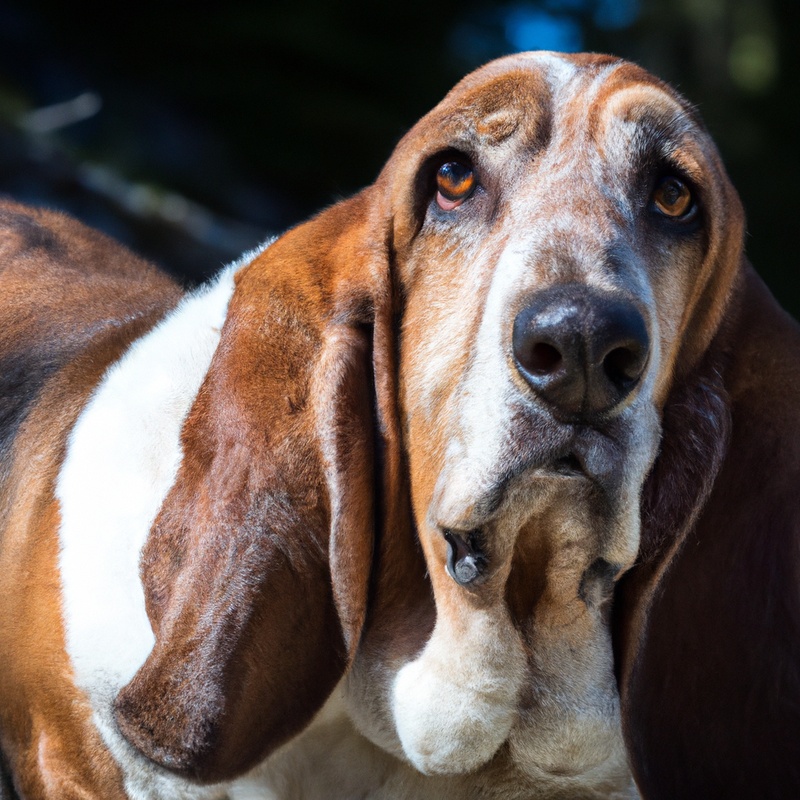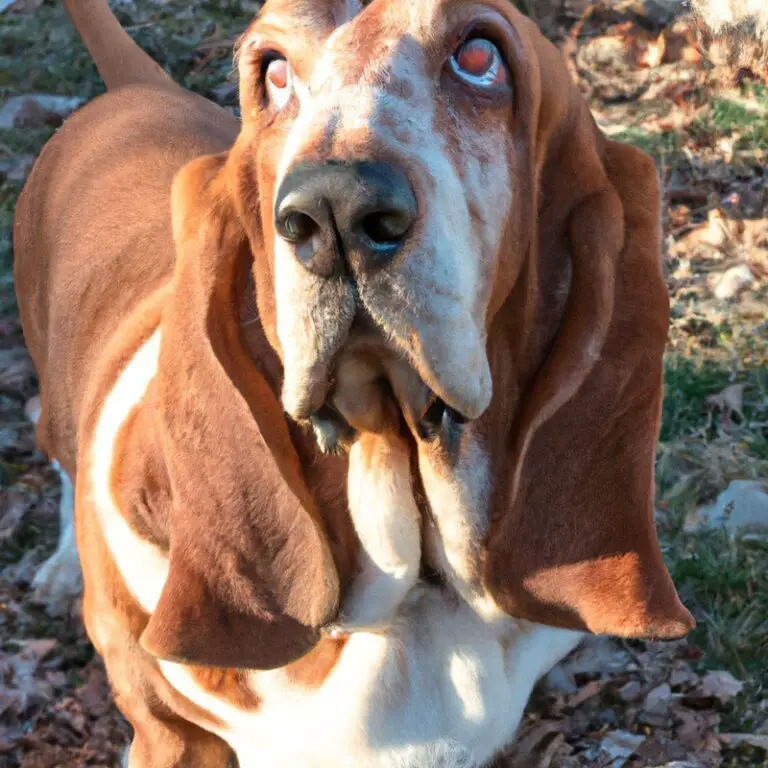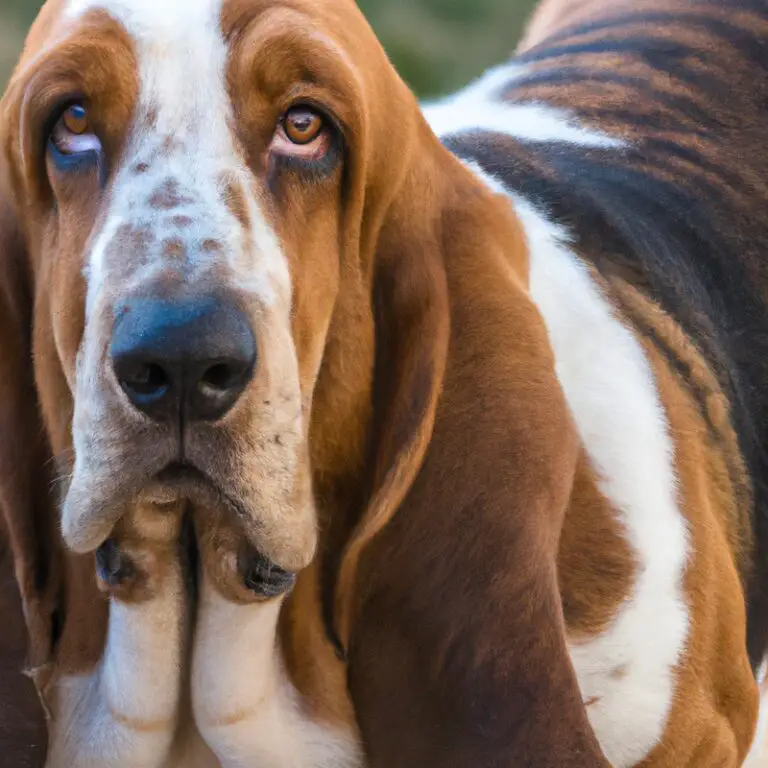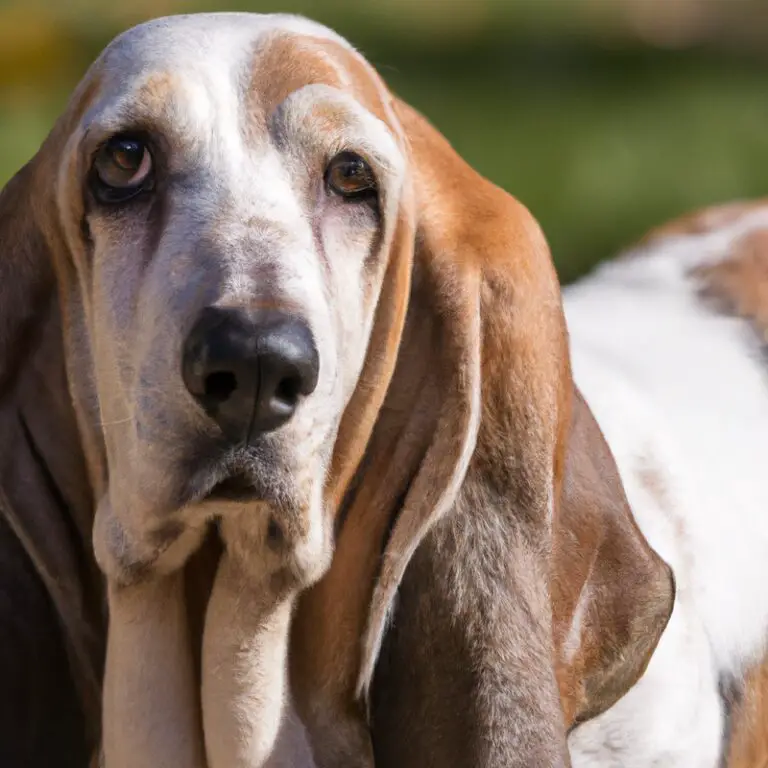Are Basset Hounds More Independent Or Dependent On Their Owners?
Key Takeaways:
- Basset Hounds are generally known for their independent nature.
- Despite their independence, Basset Hounds still value their owners’ companionship.
- Proper socialization and training can help enhance the independence of Basset Hounds.
- Establishing a strong bond with their owners can make Basset Hounds more dependent on them.
Are Basset Hounds more independent or dependent on their owners?
It’s a question that many dog owners and enthusiasts ponder.
As a passionate dog lover, I’ve had the pleasure of experiencing firsthand the unique personality traits of Basset Hounds.
In this blog article, we’ll delve into the fascinating world of Basset Hound temperament and explore the factors that contribute to their level of independence or dependence.
We’ll uncover the reasons behind their independent and dependent behaviors, and you’ll discover valuable tips on fostering a healthy balance between the two.
So, let’s dive in and uncover the truths about Basset Hounds’ behavior towards their owners.
| Independent | Dependent | |
|---|---|---|
| Description | Basset Hounds are known for their independent nature. | Basset Hounds are generally dependent on their owners. |
| Behavior | They have a stubborn streak and can be more aloof. | They often crave attention and can be clingy. |
| Exercise | They may prefer to do things their own way and need less exercise. | They rely on their owners for exercise and need regular physical activity. |
| Training | They can be challenging to train due to their independent nature. | They respond well to positive reinforcement and are eager to please. |
| Loneliness | They are less likely to suffer from separation anxiety. | They may experience separation anxiety and need constant companionship. |
Understanding Independence and Dependence in Dogs
Definition of independence and dependence in dogs
Independence in dogs refers to their ability to function and make decisions on their own, without relying heavily on their owners. It means that they are self-reliant and confident in their actions.
On the other hand, dependence in dogs means that they rely heavily on their owners for guidance, comfort, and reassurance.
Dependent dogs may seek constant attention and may have difficulty being alone. Understanding these terms helps us better understand our dogs’ behaviors and needs.
Factors that contribute to a dog’s independence or dependence
There are several factors that contribute to a dog’s independence or dependence.
Here are a few key ones:
- Breed: Certain dog breeds are known to be more independent, while others tend to be more dependent on their owners. For example, terriers are often more independent, while toy breeds are generally more reliant on their human companions.
- Upbringing and Socialization: How a dog is raised and socialized during their early months plays a significant role in their level of independence or dependence. Dogs who have been well-socialized and exposed to various environments tend to be more confident and independent.
- Individual Personality: Just like humans, dogs have their own unique personalities. Some dogs may naturally lean towards independence, while others may seek more reassurance and guidance from their owners.
- Owner’s Behavior: The way an owner interacts with their dog can influence their level of independence or dependence. If an owner constantly hovers and provides excessive attention, the dog may become overly dependent. On the other hand, if an owner encourages independence and provides opportunities for the dog to make choices, they may become more independent.
Remember, every dog is different, and the factors that contribute to their independence or dependence may vary.
It’s important to understand and respect your dog’s individual needs and personality to create a healthy and balanced relationship.
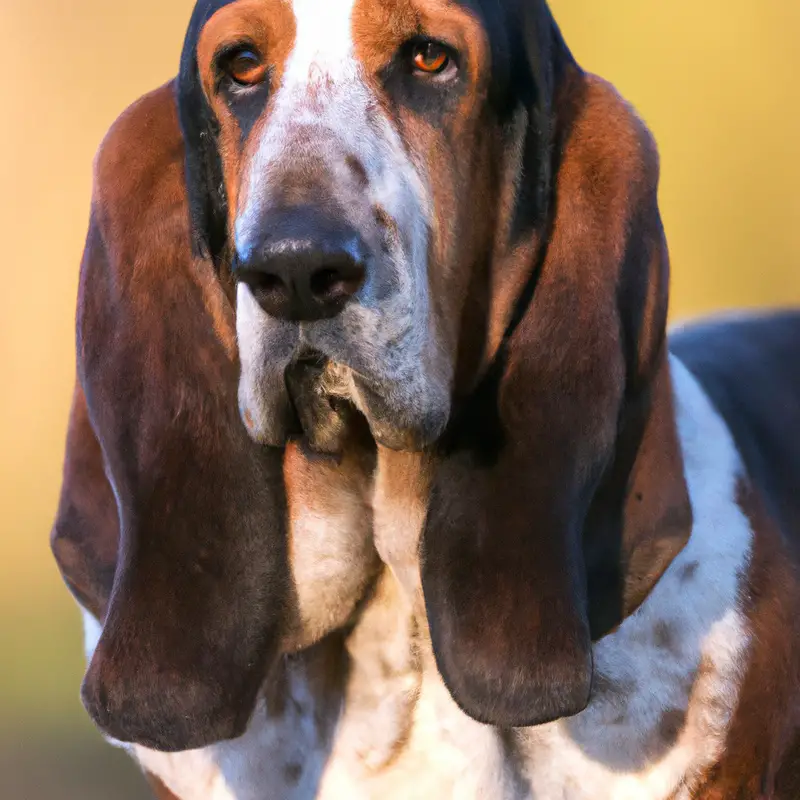
Basset Hound Temperament
Overview of Basset Hound temperament traits
Basset Hounds have a unique temperament that sets them apart from other breeds.
They are known to be friendly, gentle, and laid-back dogs.
Bassets have a strong sense of smell and can be quite stubborn at times.
They are generally good with children and other pets.
Basset Hounds are known to be loyal and affectionate towards their owners.
They enjoy being part of the family and thrive on human companionship.
Despite their sometimes stubborn nature, Basset Hounds are generally amiable and easygoing dogs.
They make great companions for those seeking a relaxed and loving pet.
How Basset Hounds typically interact with their owners
Basset Hounds typically interact with their owners in a loving and affectionate manner.
They form strong bonds with their owners and crave attention and companionship.
Bassets are known for their loyalty and will often follow their owners around the house.
They enjoy being included in family activities and love to be a part of the action.
Basset Hounds are also gentle and patient, making them great companions for children.
Overall, Bassets thrive on close interactions with their owners and require plenty of love and attention to be happy.
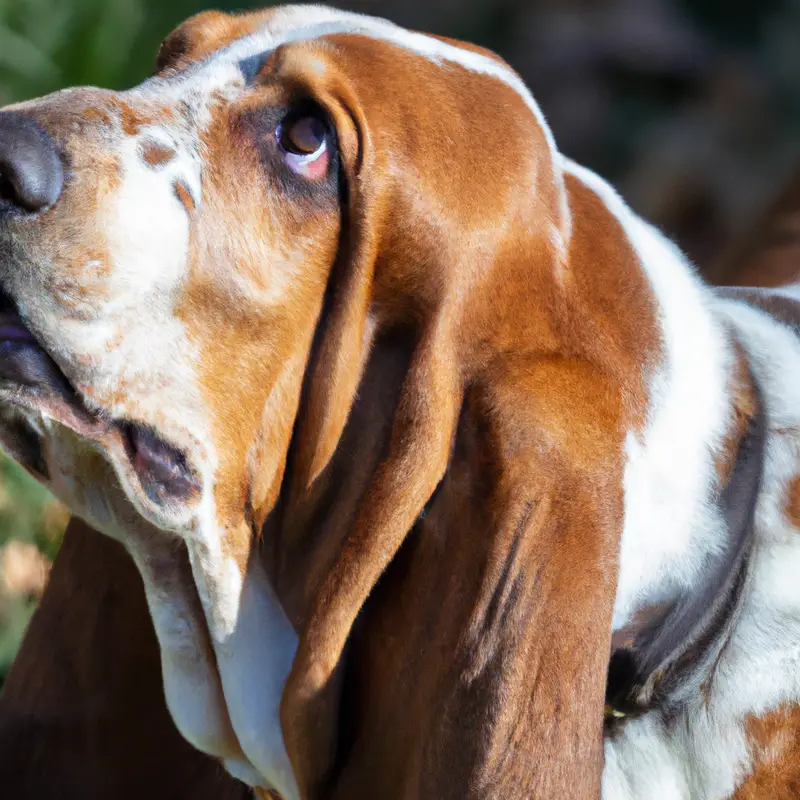
Basset Hounds and Independence
Reasons why Basset Hounds may display independence
Basset Hounds may display independence for a few reasons.
First, their strong sense of smell can lead them to become easily distracted when following scents, causing them to wander off on their own.
Additionally, Basset Hounds have a stubborn streak, making them less likely to comply with commands or seek constant attention.
Lastly, their laid-back nature means they are content with their own company and may prefer to have alone time.
These factors can contribute to their independent behavior.
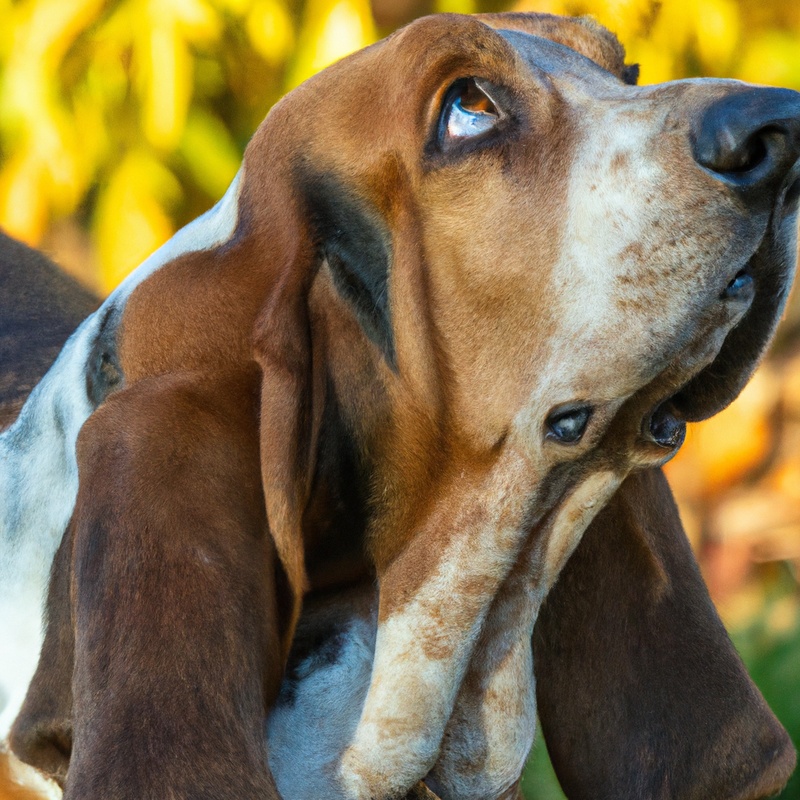
Examples of independent behaviors in Basset Hounds
Basset Hounds, despite their reputation as a dependent breed, can display independent behaviors.
Here are some examples:
- Exploring: Basset Hounds have a natural curiosity and love to sniff around and investigate their surroundings, often venturing off on their own little adventures.
- Self-Entertainment: These dogs are known for amusing themselves with toys and activities. They can occupy themselves with chew toys or engage in playful antics, without constantly relying on their owners for entertainment.
- Solitude: Basset Hounds are content spending time alone, whether it’s lounging on a comfortable spot or simply enjoying their own company. They don’t always require constant attention.
- Confidence: Basset Hounds can exhibit a level of confidence that allows them to make decisions and carry out tasks independently. They are not overly clingy and can handle being left alone for moderate periods.
It’s important to note that every Basset Hound is unique, and temperament can vary.
Some may exhibit more independent behaviors than others.
Basset Hounds and Dependence
Reasons why Basset Hounds may display dependence
Basset Hounds may display dependence for a few reasons.
Firstly, they are known to form strong bonds with their owners and crave companionship.
They enjoy being around their humans and may become anxious or distressed when left alone for long periods.
Secondly, Basset Hounds have a sensitive nature and rely on their owners for guidance and reassurance.
They may look to their owners for cues on how to navigate new situations or handle stressful stimuli.
Lastly, their low energy levels and laid-back demeanor mean they often prefer the comfort and security of being close to their owners.
They enjoy snuggling up and spending quality time together.
Examples of dependent behaviors in Basset Hounds
Basset Hounds are known for their dependent nature and often exhibit behaviors that showcase their reliance on their owners. Here are a few examples of dependent behaviors commonly seen in Basset Hounds:
- Separation Anxiety: Bassets can become anxious or distressed when left alone for extended periods. They may bark excessively, chew on furniture, or have accidents in the house.
- Clinginess: These dogs tend to stay close to their owners and may follow them around the house. They may also show signs of distress when their owners leave the room or go out without them.
- Need for Attention: Bassets crave attention and enjoy being in the company of their owners. They may seek constant petting, cuddling, and playtime.
- Reluctance to be Alone: Basset Hounds may not enjoy spending time alone and may prefer to have their owners around. They may whine or howl if left alone for too long.
Remember, every dog is unique, and these behaviors may vary from one Basset Hound to another. It’s important to provide them with the love, attention, and companionship they need to thrive.
Balancing Independence and Dependence
Tips for fostering healthy independence in Basset Hounds
To foster healthy independence in Basset Hounds, you can try a few strategies. First, encourage them to explore their surroundings by providing a safe and secure environment.
Allow them to have designated areas where they can retreat and be alone when they need some alone time.
Second, give them mental stimulation through puzzle toys and interactive games to keep them engaged and independent. Finally, establish a consistent routine to help them feel secure and confident in their daily activities.
By practicing these techniques, you can help your Basset Hound develop a healthy sense of independence while still maintaining a strong bond with you.
Importance of maintaining a balanced relationship with your Basset Hound
Maintaining a balanced relationship with your Basset Hound is essential.
It ensures a healthy and harmonious bond between you and your furry friend.
By understanding their needs, providing proper care and attention, and establishing clear boundaries, you can strengthen your connection.
Regular exercise and mental stimulation are crucial to keep them happy and prevent behavior issues.
Gaining their trust and respect through positive reinforcement training methods is also vital.
Remember, a balanced relationship promotes a happy and well-adjusted Basset Hound.
Final Verdict
Basset Hounds are generally known for their independent nature. They often exhibit behaviors that showcase their self-reliance and ability to make decisions.
However, this does not mean they are completely detached from their owners.
Bassets also have a strong dependence on their human companions for love, care, and attention. Strike a balance by fostering healthy independence in your Basset Hound while maintaining a strong and nurturing relationship.
Remember, every dog is unique, and understanding their individual needs is key to building a strong bond.
Rest assured, as a dog expert, I can confidently say that by providing a loving and supportive environment, you can create a harmonious partnership with your furry friend.

